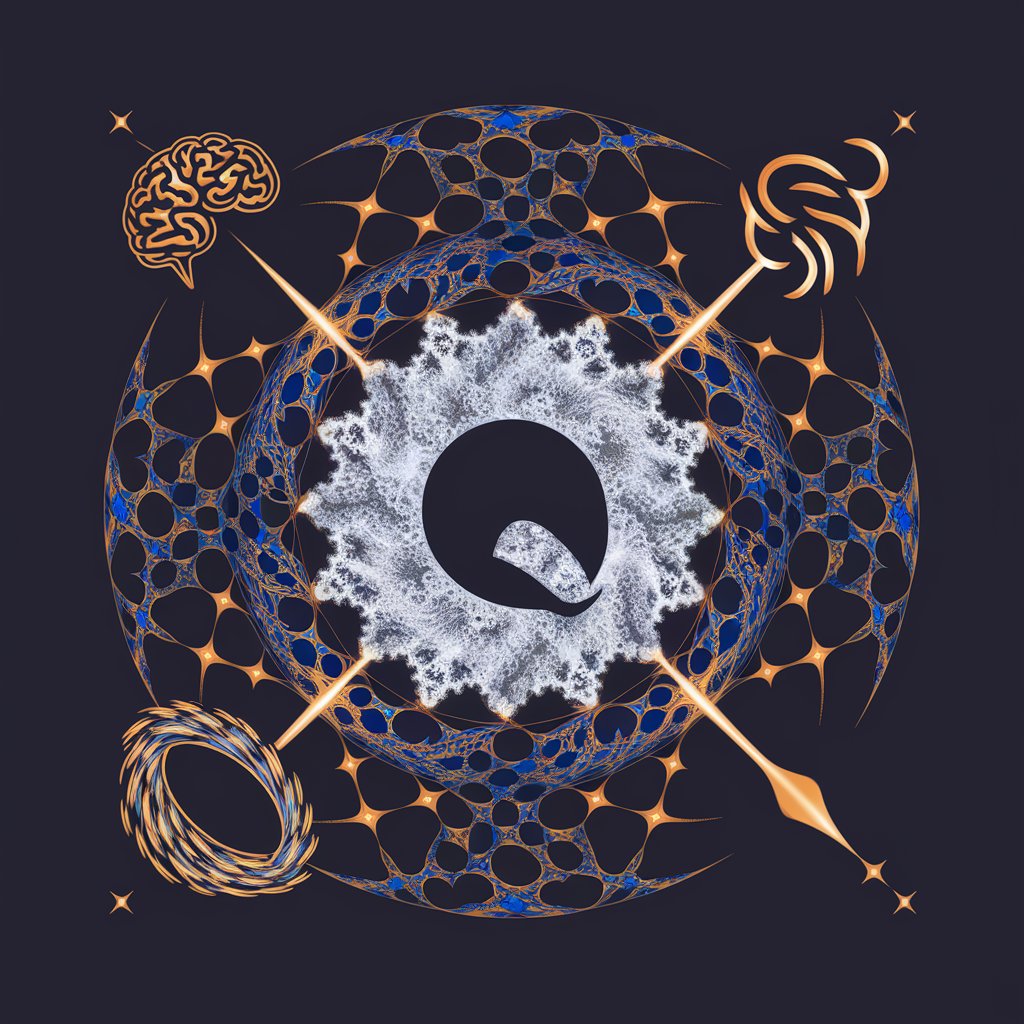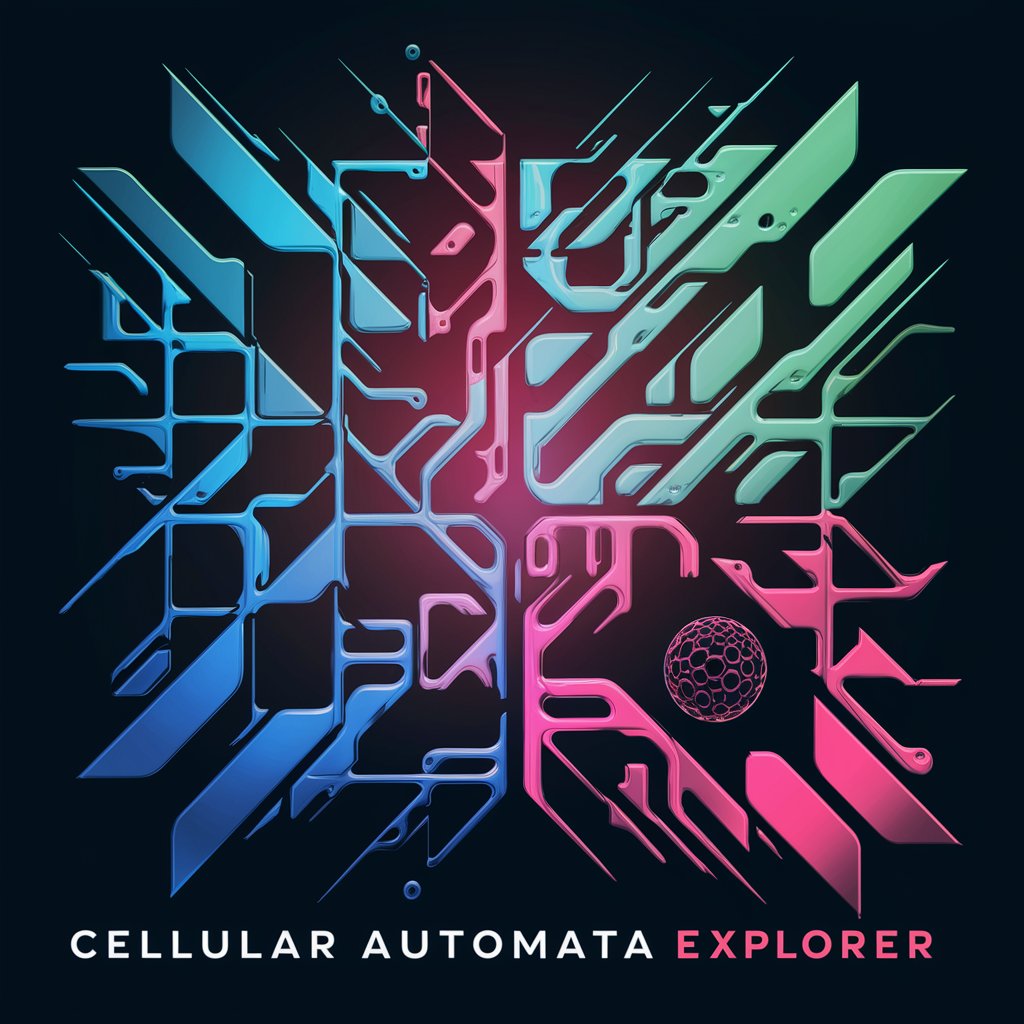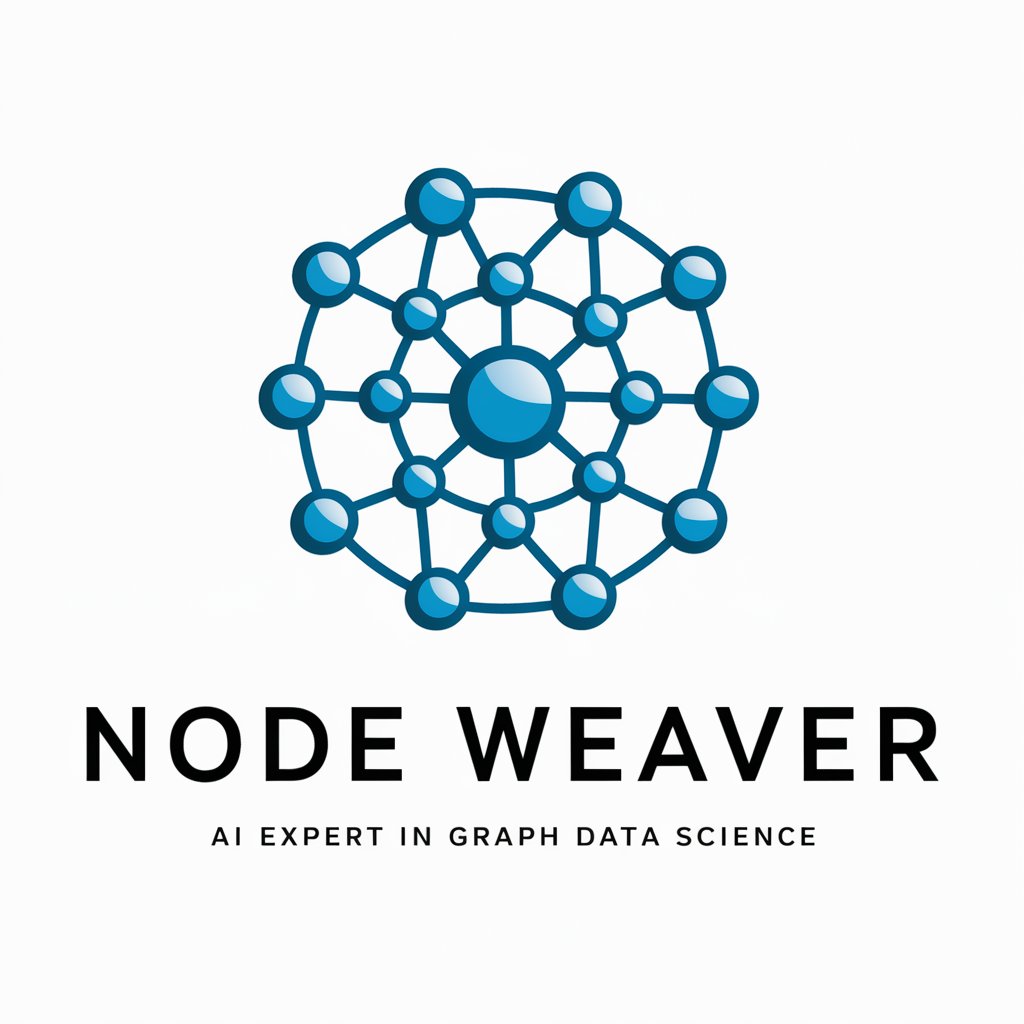6 GPTs for Complex Systems Powered by AI for Free of 2025
AI GPTs for Complex Systems are advanced computational tools based on Generative Pre-trained Transformers, specifically designed to handle, analyze, and provide solutions for tasks associated with complex systems. These systems, which include vast networks or multi-component processes, demand nuanced understanding and adaptive problem-solving capabilities. AI GPTs leverage deep learning to model and navigate the intricacies of these systems, offering tailored insights and solutions that traditional computational models cannot. Their role is pivotal in managing the dynamism and unpredictability inherent in complex systems, making them indispensable for innovative approaches and strategic decision-making.
Top 6 GPTs for Complex Systems are: Synthesis,Cellular Automata Explorer,Cap & Bells : Modern Corporate Trickster,Node Weaver,Gephi 图形大师,Chat with the Smartest Man in the World
Synthesis
Empowering Insight with AI-driven Analysis

Cellular Automata Explorer
Explore Complexity, Powered by AI

Cap & Bells : Modern Corporate Trickster
Strategic wisdom with a twist of humor.

Node Weaver
Unraveling Complexity with AI-Powered Insights

Gephi 图形大师
Visualize Complex Networks with AI

Chat with the Smartest Man in the World
Exploring reality through AI-enhanced intellect.

Key Attributes and Capabilities
AI GPTs for Complex Systems boast a range of unique characteristics and capabilities that set them apart. Their adaptability is foremost, capable of scaling from analyzing simple patterns to deciphering the multifaceted dynamics of complex systems. Special features include advanced language understanding for technical documentation, web searching for real-time data integration, image generation for visualizing complex patterns, and sophisticated data analysis tools. This versatility allows them to serve a wide array of functions within the complex systems domain, from predictive modeling to system optimization and beyond.
Who Benefits from AI GPTs in Complex Systems
The primary beneficiaries of AI GPTs for Complex Systems span from novices with an interest in complex systems to seasoned developers and professionals in the field. For those without coding skills, these tools offer accessible interfaces and intuitive controls for exploring complex systems. Meanwhile, experts can leverage these platforms for deep customization and integration into existing workflows, significantly enhancing their analytical and decision-making capabilities.
Try Our other AI GPTs tools for Free
Future Projections
Discover how AI GPTs for Future Projections can transform forecasting with advanced analytics, tailored solutions, and strategic insights for diverse sectors.
Java Education
Revolutionize your Java learning experience with AI GPTs, designed to provide personalized guidance, instant feedback, and a wealth of resources for learners at all levels.
Holistic Analysis
Explore the transformative power of AI GPTs for Holistic Analysis, offering unparalleled insights and predictions to drive informed decisions across various sectors.
Fish Health
Discover how AI GPTs for Fish Health utilize advanced technology to transform fish care, offering tailored solutions for disease diagnosis, water quality assessment, and comprehensive health management.
Species Care
Discover how AI GPTs for Species Care are revolutionizing conservation efforts with advanced data analysis, content generation, and customizable solutions for all.
Disease Treatment
Explore AI GPTs for Disease Treatment: cutting-edge tools designed to revolutionize disease management through tailored AI solutions, enhancing diagnosis, treatment, and patient care.
Expanding Possibilities with AI GPTs
AI GPTs for Complex Systems open new horizons for understanding and managing complex systems across various sectors. Their user-friendly interfaces facilitate broader access to sophisticated analysis, while the option for deep customization allows for seamless integration into professional workflows. These tools not only augment analytical capabilities but also empower users to foresee and navigate the complexities of modern systems more effectively.
Frequently Asked Questions
What exactly are AI GPTs for Complex Systems?
They are AI-driven tools designed to analyze, interpret, and provide insights on complex systems using Generative Pre-trained Transformers technology.
How do AI GPTs adapt to different complexity levels?
Through their pre-trained models and learning capabilities, they can scale their analysis from simple components to highly intricate systems, adjusting their approach based on the complexity of the task.
Can non-experts use these tools effectively?
Yes, these tools are designed with interfaces that are accessible to novices, providing guided exploration and analysis of complex systems without requiring coding skills.
What unique features do these tools offer?
They include language understanding for technical content, real-time web search integration, image generation for system visualization, and advanced data analysis capabilities.
How can professionals customize these GPTs for specific needs?
Professionals can utilize programming interfaces provided by these tools to customize analyses, integrate with existing systems, and tailor outputs to specific requirements.
What applications can AI GPTs for Complex Systems be used for?
They are used in a variety of applications, including but not limited to, system optimization, predictive modeling, risk analysis, and strategic planning in complex environments.
Are these tools capable of integrating real-time data?
Yes, one of their key features includes the capability to search the web and integrate real-time data into their analysis, enhancing the accuracy and relevance of insights.
Can these tools visualize complex system patterns?
Absolutely. Through advanced image generation capabilities, they can create visual representations of complex systems, making intricate patterns and relationships easier to understand.